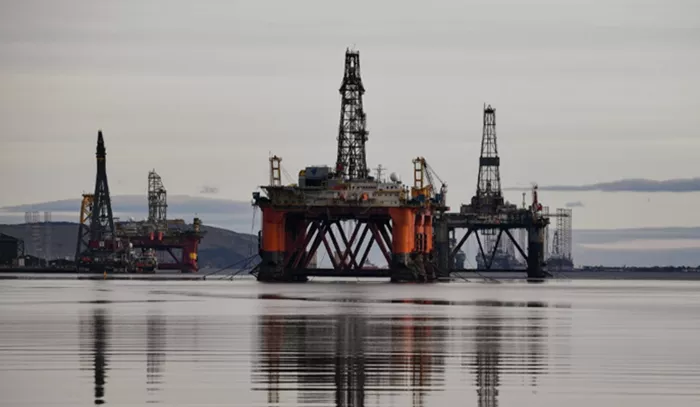The United Kingdom’s North Sea still holds substantial oil and gas reserves, capable of meeting up to half of the country’s energy needs in the coming decades, according to a recent report by Offshore Energies UK (OEUK). However, current production has dropped to historically low levels, compelling the country to import around 50% of its fossil energy, despite ongoing domestic demand. The industry body, which represents key stakeholders in the UK’s energy sector, attributes this decline to a fiscal policy it considers overly restrictive and poorly aligned with the current market landscape. Specifically, the tax burden introduced after the 2022 global energy crisis is discouraging investment in new exploration and drilling projects.
Untapped Potential at Risk
OEUK warns that if current fiscal policies remain in place, the UK could produce just 4 billion barrels of oil equivalent (boe) by 2050. This contrasts with an expected demand of between 13 and 15 billion boe during the same period. The organization urges a revision of tax policies, especially the windfall tax imposed on oil and gas profits following the 2022 surge in prices triggered by Russia’s invasion of Ukraine. Originally designed to capture excess profits, this tax is now seen as a significant economic barrier. Industry leaders argue that the high tax rates discourage investment, jeopardizing the long-term sustainability of the UK’s energy sector.
Strategic and Environmental Considerations
OEUK also points out the environmental benefits of maintaining domestic production. The carbon footprint of UK-produced oil and gas is significantly lower than that of imported alternatives, such as liquefied natural gas (LNG) from the United States. This environmental advantage is frequently cited by proponents of further exploiting national resources. While the UK government has expressed support for new projects, such as those around existing infrastructure like Rosebank and Jackdaw, these initiatives require fiscal adjustments to be economically viable in the long term.
A Delicate Political and Economic Balance
The British government now faces the challenging task of balancing strategic and economic goals. While there is a political desire to reduce dependence on external energy sources, the high fiscal burdens make investments in the North Sea costly and risky for international oil and gas companies. Industry stakeholders continue to press for more favorable fiscal measures to rejuvenate activity in the region. The UK is at a critical juncture, with the need for a clear decision on energy fiscal policy that will have far-reaching economic implications for decades to come.

